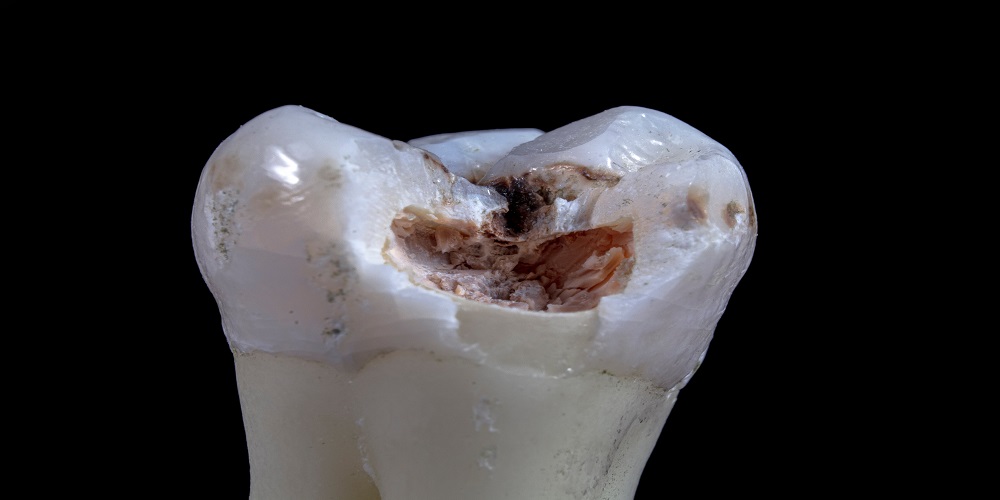Cavities, also known as dental caries, are a common dental problem that affects people of all ages. In the early stages, cavities may be small or painless, leading patients to believe they are harmless and can be ignored. However, this misconception can have serious consequences for oral health.

Ignoring regular dental check-ups
One of the biggest mistakes patients make is neglecting routine dental check-ups. Embracing comprehensive dental care enables early detection of cavities, whether small or painless. Dentists have the expertise to identify early signs of decay and provide appropriate treatment to prevent further deterioration.
Poor oral hygiene practices
Inadequate brushing and flossing habits can exacerbate small cavities. Brushing twice daily with fluoride toothpaste and daily flossing help remove plaque and food particles contributing to cavity formation. Patients should pay extra attention to the back teeth, where cavities are more likely to develop.
Consuming sugary and acidic foods
Frequent consumption of sugary and acidic foods and beverages contributes to cavity formation. Bacteria in the mouth feed on sugar and produce acids that erode tooth enamel. To maintain good oral health, patients should limit their sugary snacks, carbonated drinks, and acidic fruits.
Delaying cavity treatment
When patients notice a small or painless cavity, they often postpone treatment, assuming it won’t worsen. However, cavities do not heal on their own. Delaying treatment allows decay to progress, potentially leading to toothaches, infections, and more extensive dental procedures, such as root canals or extractions.
Using improper dental tools
Patients attempting to remove plaque or clean cavities at home with sharp objects or unconventional tools risk causing more harm than good. Only dental professionals should perform dental treatments. Patients should avoid DIY approaches and consult their dentist for appropriate care.
Overusing teeth for non-eating activities
Using teeth as tools for opening bottles, tearing packages, or biting nails can weaken enamel and create small cracks where bacteria can accumulate. Patients should remember that teeth are meant for chewing food, not as multi-purpose tools, and use proper tools for non-eating activities.
Smoking and tobacco use
Smoking and tobacco use stain teeth and cause bad breath and increase the risk of cavities. Tobacco products contain harmful chemicals that damage teeth and gums, making them more susceptible to decay. Quitting smoking and tobacco use is crucial for maintaining optimal oral health seeking advise professional.
Patients should not underestimate the impact of small or painless cavities on their oral health. Patients can maintain healthy teeth and gums by being proactive and following preventive measures. Regular dental check-ups, good oral hygiene practices, and avoiding harmful habits are the foundation of a cavity-free smile. Remember, prevention is always better than cure for dental health.
To maintain your teeth from cavities, Brush your teeth with fluoride toothpaste for two minutes twice a day. Floss daily to remove plaque from between teeth and along the gumline. Limit your consumption of sugary and acidic foods and drinks. Visit your dentist regularly for check-ups and professional cleanings. Seek immediate dental care if you notice any signs of cavities, such as tooth sensitivity or discoloration.









